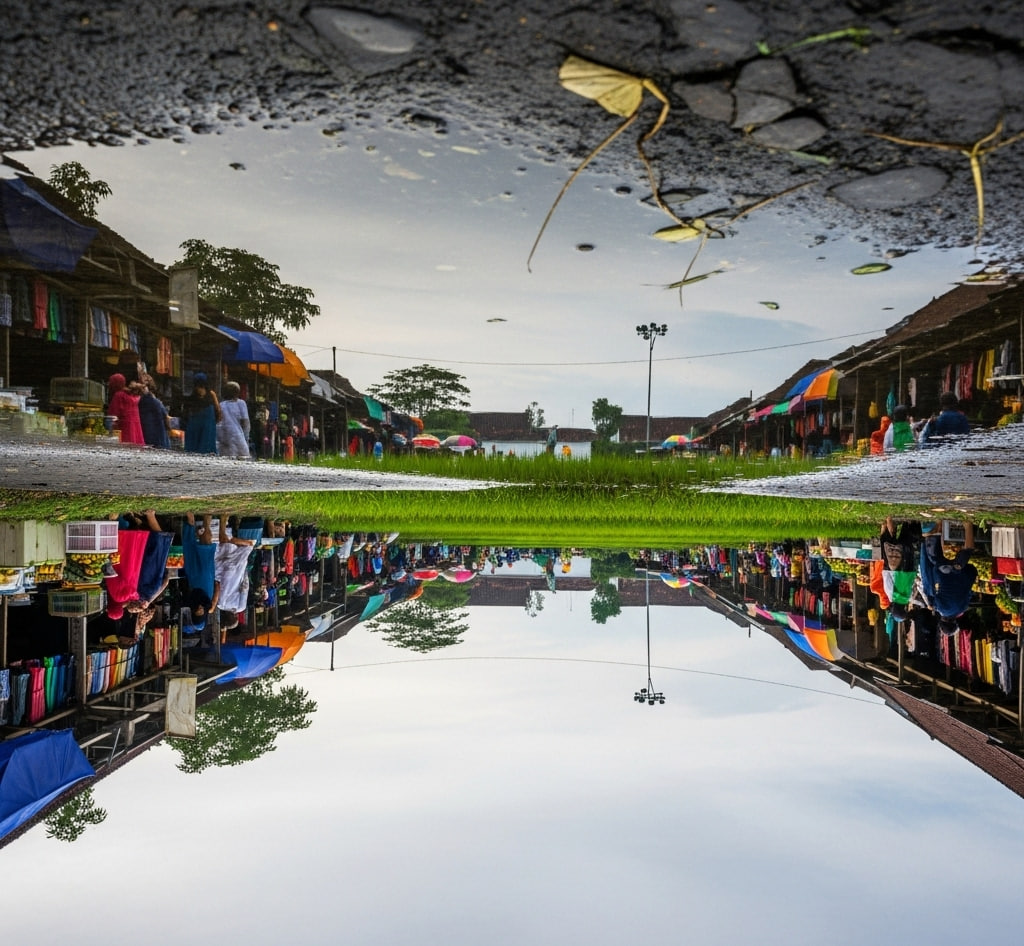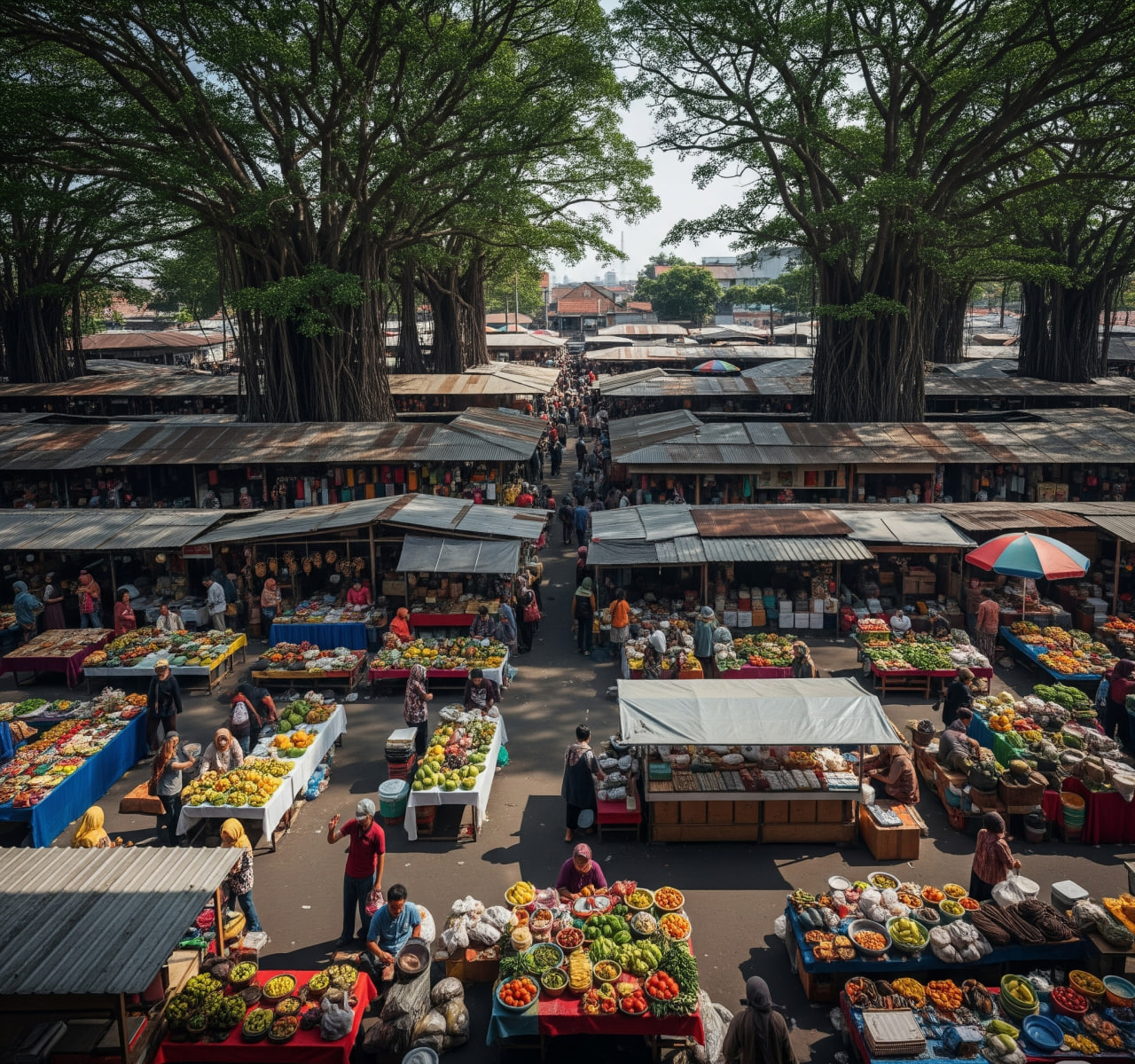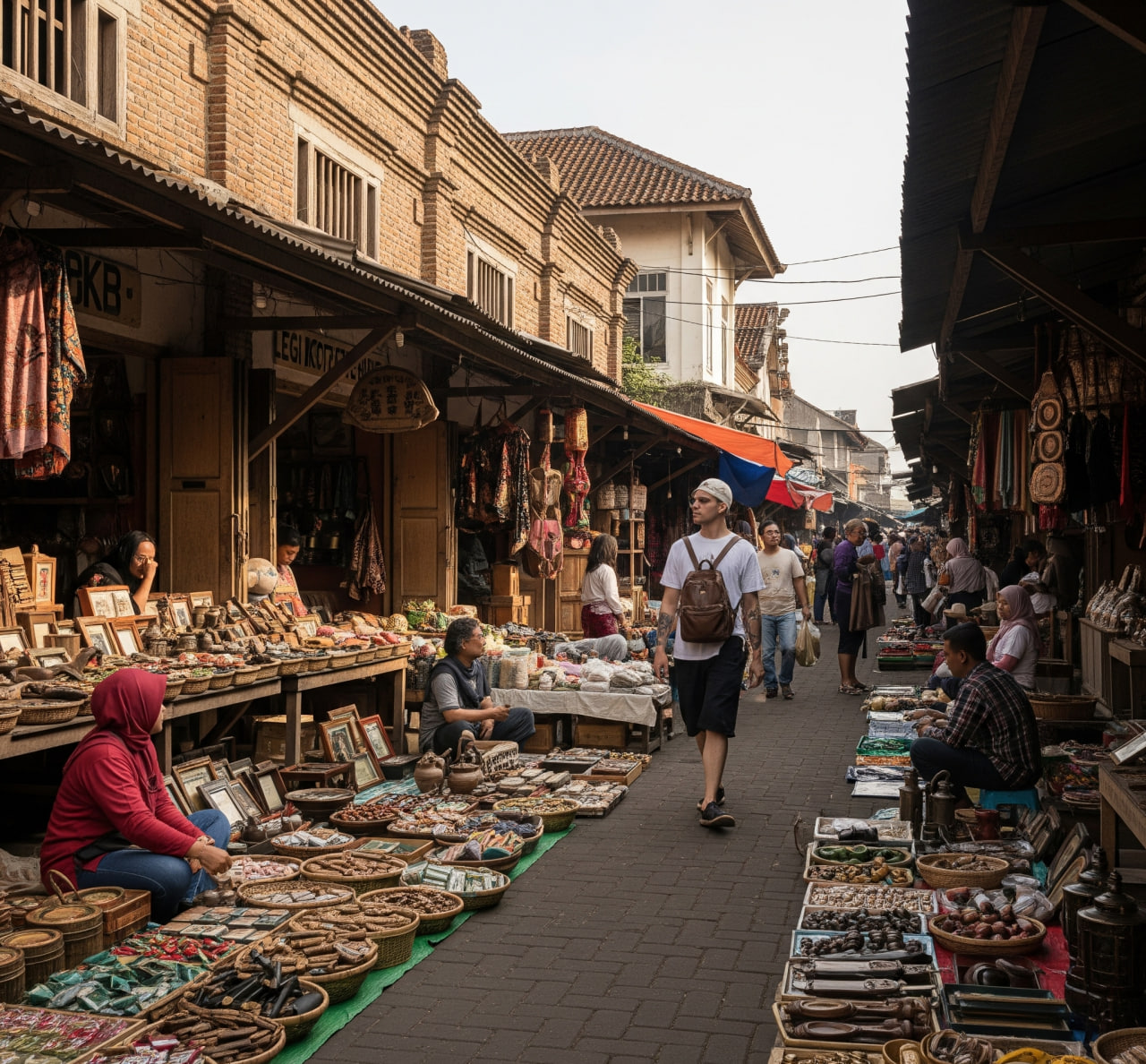News
Dugderan on the Outskirts of Jogja: The Cultural Footprint of Semarang Through the Beating of the Bedug
Ramadan in Jogja is always full of color, from Nyadran to Grebeg Syawal. But listen closely to the "dug-dug" sound of the bedug echoing loudly on the outskirts of the city, like in Bantul or Kulon Progo. That’s not just any ordinary sound—it’s the footprint of the Dugderan tradition making its way from Semarang. Imagine, a tradition that usually livens up the City of Lumpia has made its influence felt in villages around Jogja. And what makes it special? The rhythmic beating of the bedug that stirs the soul, bringing Semarang’s spirit of togetherness to the land of Mataram.
Dugderan itself originates from Semarang and has been around since 1881 during the time of Regent Purbaningrat. The name "Dugderan" comes from the sounds of the bedug—“dug”—and the explosion of cannons or firecrackers—“der.” This tradition is held to welcome Ramadan, usually a day before fasting begins. In Semarang, people gather to hear the bedug being beaten by the regent or mayor, followed by a cultural parade leading up to a night market. The beating of the bedug serves as a signal, announcing to everyone that the holy month is near. But this tradition didn’t stop in Semarang—it slowly spread to the outskirts of Jogja, carrying the same spirit.
In areas like Sewon or Banguntapan, Dugderan has started to emerge, though not as grand as in Semarang. Locals say its influence came from traders or families with connections to Semarang. The beating of the bedug remains the highlight—it is played in village mosques or prayer houses, sometimes accompanied by prayers and tahlil. The difference is that in the outskirts of Jogja, there isn’t always a big parade or bustling market like in Semarang. The event is simpler, focusing on communal meals or distributing food after the bedug is beaten. But the essence remains the same: gathering together, giving thanks, and preparing to welcome Ramadan. The culture of Semarang meets the traditions of Jogja, creating a beautiful harmony.
Its meaning is also not much different. In Semarang, Dugderan is a way to unify opinions on the start of fasting while also encouraging the community to celebrate together. In Jogja, the beating of the bedug is adapted to local traditions—some even connect it to Nyadran or cemetery pilgrimages. Locals say the sound of the bedug brings peace, like a call for self-reflection before fasting begins. Moreover, this moment becomes an opportunity for strengthening relationships—neighbors and distant relatives gather, bring food, and share meals while exchanging stories. This cultural fusion makes Jogja even richer, doesn’t it?
Today, Dugderan on the outskirts of Jogja may not be as lively as in Semarang, but it still holds a special place in the hearts of the people. Amidst modernity, the sound of the bedug serves as a reminder: traditions can live on as long as we are willing to preserve them. So, when Ramadan comes, take a walk through the villages around Jogja. Listen to the beating of the bedug carrying Semarang’s spirit, and experience the warm sense of togetherness in Jogja. Who knows? You might get swept up in nostalgia—or even feel inspired to bring this tradition to your own hometown.


